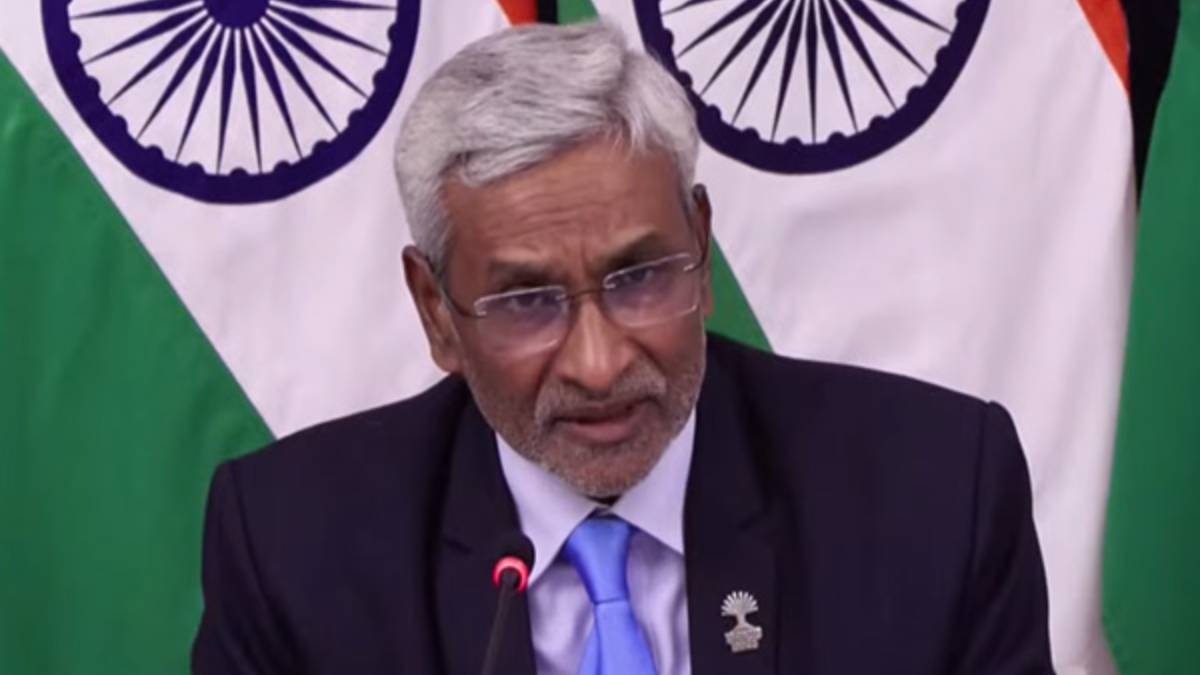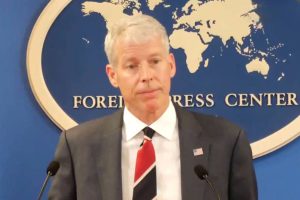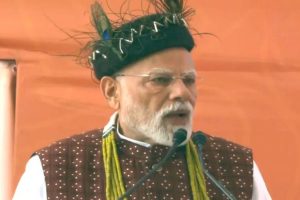Prime Minister Narendra Modi’s landmark visit to Namibia—the first by an Indian PM in 27 years—ushered in a new era of bilateral cooperation, with a strong emphasis on critical minerals, defense collaboration, digital infrastructure, and development partnerships.
According to the Ministry of External Affairs, delegation-level talks between the two nations spanned a broad range of sectors, notably focusing on Namibia’s vast reserves of uranium, lithium, cobalt, copper, and other rare earths essential for India’s industrial and energy goals. A proposed Critical Mineral Partnership Agreement was a key highlight of the discussions.
“Namibia is rich in natural resources that are crucial for our industries,” said Secretary (East) Dammu Ravi, highlighting the $600 million trade (marginally in India’s favour) and $800 million in Indian investments in Namibia.
Defense cooperation was also high on the agenda. India offered a line of credit for defense equipment procurement and extended existing civil credit lines. India’s High Commissioner to Namibia, Rahul Shrivastava, confirmed that Namibia has shown keen interest in acquiring defense equipment from India.
The visit marked a breakthrough in digital cooperation as well. Namibia became the first country globally to sign a licensing agreement with India’s National Payments Corporation (NPCI) for deploying the Unified Payments Interface (UPI), enabling real-time digital transactions in the African nation.
Health and agriculture featured prominently in the dialogue. Discussions included introducing India’s low-cost generic medicines under the Janaushadhi scheme and enhancing food security in Namibia through Indian agricultural technology and equipment.
Other major announcements during the visit included:
- Establishment of an Entrepreneurship Centre in Namibia
- Namibia joining the Coalition for Disaster Resilient Infrastructure (CDRI)
- Namibia joining the Global Biofuel Alliance
“These initiatives reflect the narratives of the Global South and strengthen South-South cooperation,” said Ravi, noting that biofuels and disaster response are areas where Indian technology can greatly benefit developing nations.
The two sides also agreed to expand capacity-building efforts through India’s ITEC program, which has already benefitted several Namibian professionals in both civilian and defense sectors.
On multilateral issues, both countries reaffirmed their commitment to reforming global institutions and condemned terrorism in all its forms, with Namibia expressing solidarity with India over the recent Pahalgam attack.
Prime Minister Modi was conferred with Namibia’s highest civilian honour—The Order of the Most Ancient Welwitschia Mirabilis—marking the 27th international award in his name and the fourth in his current tour.
The visit has laid a robust foundation for a stronger, more diversified India-Namibia partnership built on mutual respect, resource sharing, and technological collaboration.





